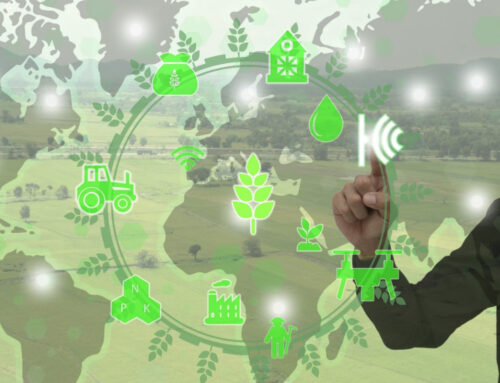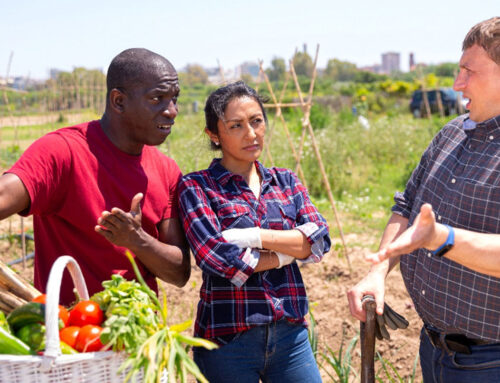The youth unemployment rate is three times higher than that of adults in all regions of the world, according to the Food and Agriculture Organization.
Africa consists of the youngest population in the world, in addition two-thirds of the youth is unemployed or working in vulnerable, low-paying positions. In South Africa, the youth unemployment rate was recorded at 62.1% in the first quarter of 2023.
Agriculture presents an opportunity to increase local food production to feed communities and provide employment for the rising youth population. Moreover, sub-Saharan Africa’s agriculture is better placed to create job opportunities, particularly in rural communities. Considering that growth originating from agriculture is two to four times more effective at poverty reduction than growth in other sectors. Additionally, there’s evidence that income gains from agricultural activities are less costly to achieve than income gains in other sectors.
The average age of farmers globally is 60 while in Africa and America it’s 65 and 57.5 respectively. As a result, this poses a threat to the global food supply, if the younger generation is not involved. Even though the role of youth in agriculture is much more significant than filling the boots of the current generation of farmers.
This said, there are limitations that have fueled a generational disinterest in farming, with many young people viewing it as an unstable livelihood and turning instead toward finding urban job opportunities.
One of the main constraints is the youth’s general mindset and negative perception about farming.
For the most part, many young people view farming as old fashioned, unprofitable, and impoverished.
Thus, a mind-set shift is necessary from youth themselves to start viewing agriculture as a source of livelihood and an entrepreneurial opportunity.
Bearing in mind that agriculture is increasingly demanding disruptive technologies and a commitment to regenerative techniques, making technology pivotal to this transformation given its potential to change youth’s viewpoint.
Similarly, tailor-made training programs in agricultural value-chain activities and entrepreneurial mindset are just as important to raise youth’s interest; especially if these programs are supported by innovative financial solutions, extension services and small scale agro-processing centres that are specifically designed for youth.
Young, digitally, and ecologically- minded farmers are a necessity to grow more food, transform food systems and build economies that lift communities out of poverty around the world.





